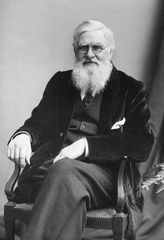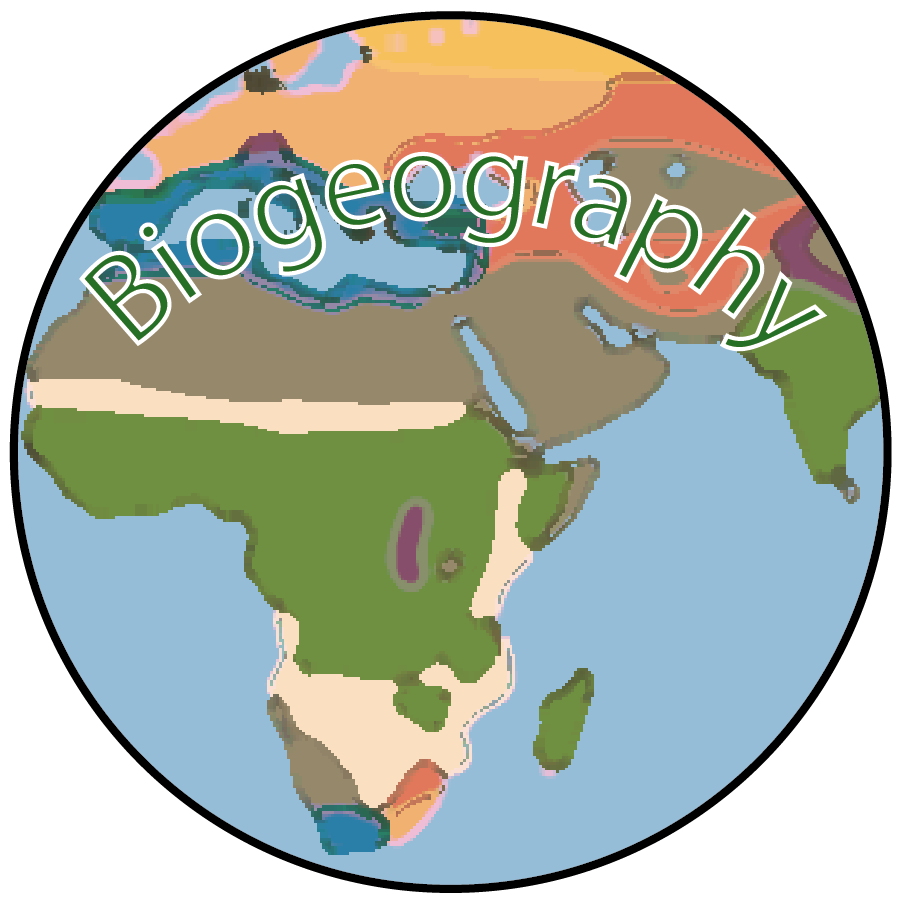| Central Question: What are the major theories associated with Biogeography? What Scientists came up with those theories? How are they connected to the geographic study of plants and animals? Why might past scientific studies be important to the geographical distribution of plants and animals? Guiding Thought Question: What types of quantitative and qualitative data might be helpful when conducting biogeographical studies? List 2 quantitative and 2 qualitative characteristics. Quantitative - Related to a quantity, can be numerically represented Qualitative - Related to a quality, looking at non-numerical characteristics Today's Learning Objective: Students will be able to explain the scientific basis and philosophical understanding that form the foundations of biogeography and how scientific studies can be incorporated in. |
|
0 Comments
Leave a Reply. |
Biogeography ForumWelcome to the Forum! Here is where you will be answering your daily warm-up questions. Please do not enter your last name for privacy reasons, and you may use a nickname if you would like (Just make sure Mr. Tredinnick is aware of the nickname you are using). Write out thoughtful responses to the forums on the days they are assigned. If you miss a day please take it upon yourself to complete the Forum you missed. Each Forum has the targeted Learning Objective(s) there so you can see what the focus of the day's class will be. Archives
September 2019
Categories |


 RSS Feed
RSS Feed
